Why Zendaya's MJ Is The Best Version Of All
Zendaya’s portrayal of MJ in the newest series of the Spider-Man movies represents a break from two harmful mistakes that Hollywood often makes when creating female characters.
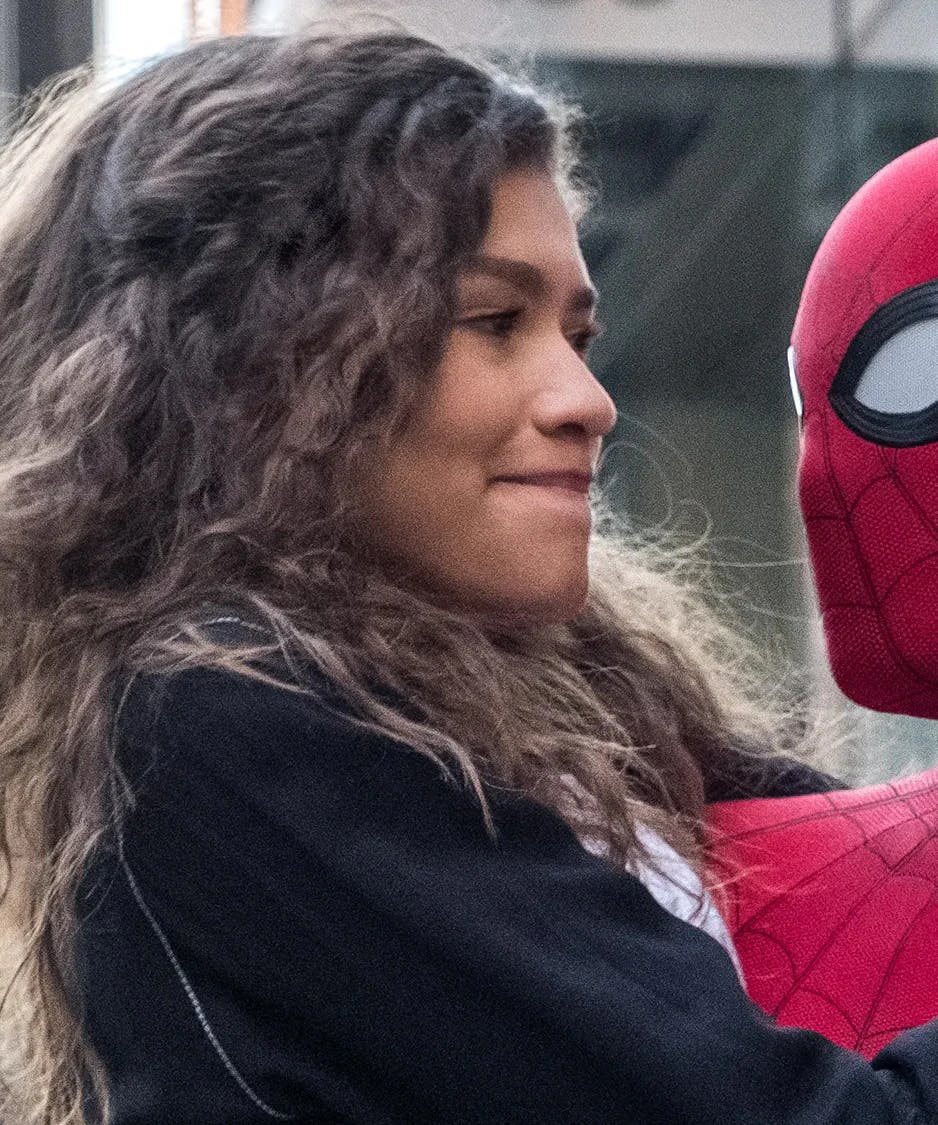
Characters matter. The heroes and heroines we celebrate embody the traits we value in people, and culture is shaped by the stories that we enjoy. The character of Michelle Jones (MJ) in the Marvel Cinematic Universe’s newest three Spider-Man movies stands in contrast to the ways in which women have typically been represented on screen.
The first trope that Hollywood falls victim to so often is that of the one-dimensional female character who exists solely as an object of a male character’s affection. Her role in the story is first as his love interest, not as a person. She is glamorous and beautiful, but she doesn’t reveal any flaws, weaknesses, or unique character traits. Her personality is an afterthought. Rather than being a character that female viewers can relate to, she is a plot device, used to tell another character’s story rather than her own. Portraying women as little more than pretty faces on the sidelines can subtly suggest to young women that they’re not interesting or valuable in their own right, but only through their relationships to the men in their lives.
The two earlier Spider-Man movie series, starring Kirsten Dunst as Mary Jane and Emma Stone as Gwen, fail to reach female viewers in the same way that the recent Spider-Man saga has. Mary Jane and Gwen especially have compelling moments, but they’re still primarily shown through the lens of their relationship to Peter Parker. They represent the stereotypical fantasy of the perfect, popular girl, who falls for the nerdy, friendless boy.
Thanks in part to the modern feminist movement, and as a reaction to this type of stereotypical character, there has been a push for movies to overthrow the one-dimensional love interest in favor of “strong female characters.” But these characters are often just as shallow and unrealistic as the tropes they try to correct. Hollywood writers believe that making female characters strong means making them arrogant, brash, mean, or cold-hearted. Worse yet, some female characters are made to act exactly like men, hinting at the idea that women must become like men in order to be strong. But Zendaya’s MJ doesn’t fall into this trap.
So what makes the latest portrayal of MJ so special?
MJ Is Likable and Quirky
MJ is funny. Her frequent sarcastic remarks strike the perfect tone: endearing and not cold. Her lines keep the viewer’s attention and bring balance to the intense and dramatic scenes, providing much-needed comic relief. She’s curious about everything. Her attitude towards the world is relaxed and playful. She doesn’t take herself too seriously.
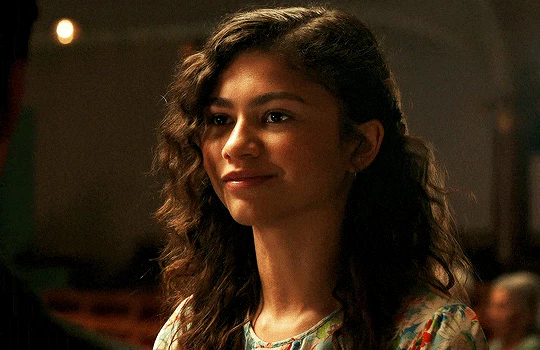
We get to see some of MJ’s unique interests in Homecoming when she goes to the detention room just so she can “sketch people in crisis.” In Far From Home, she tells Peter and Ned that they should download a VPN for their trip to Europe so that the government can’t track them. And Peter gives her a Black Dahlia necklace because he knows she’s interested in the famous unsolved murder.

Her Vulnerability Gives Her Depth
In Spider-Man Homecoming, she sarcastically tells Peter and Ned that she doesn’t have any friends. We see an indication of her character development when in Homecoming she corrects someone referring to her as Michelle. She says that her friends call her MJ, and Ned weighs in, “I thought you didn’t have any friends.” She responds, “I didn’t.”
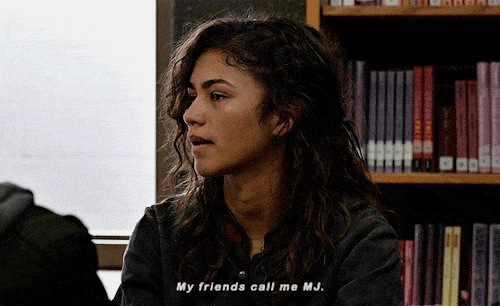
MJ asserts that she’s “obsessed with telling the truth even if it hurts other people’s feelings.” This is a consistent attribute throughout the three movies, as she continuously speaks her mind regardless of how it might make her look to others. In No Way Home, she’s even slightly sassy to Doctor Strange. In Far From Home, she admits to only being “like 67% sure” after confronting Peter about being Spider-Man, and she tells him that she doesn’t “have much luck when it comes to getting close to people.”
In No Way Home, she opens up to Peter about how she always keeps her expectations low so that she’s never disappointed. MJ admits to her struggles, anxieties, and insecurities, making her a more relatable character. She speaks the truth regardless of people’s expectations.
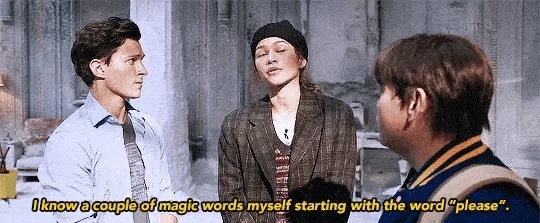
MJ Is a Believable (and Relatable) High School Girl
MJ is feminine without being shallow. She doesn’t embody the unrealistically glamorous look of so many female characters (think wearing heels while running from bad guys) but she doesn’t reject everything feminine. She’s styled like an average high school student, not a Hollywood actress. She prefers jeans and sneakers but can be seen wearing a dress on occasion. Her beautiful textured hair is just the right amount of messy. As someone who was a high school student only last year, I consider MJ’s character to be a much more believable teenage girl. And as someone with naturally curly hair, I appreciate seeing something similar to my hair type represented on screen as normal and not as a stereotype.

Unlike Spider-Man’s previous love interests – Mary Jane, who becomes a model and actress, and Gwen, an accomplished scientific genius – MJ is a normal, yet interesting and courageous teenager. She’s also friends with Peter long before they begin a relationship, which gives viewers time to see her character as her own person rather than as an extension of Peter Parker. Adding to her relatability, we see her in Spider-Man Homecoming awkwardly navigating a possible crush on Peter while he’s still interested in another girl, Liz (who conveniently ends up being the daughter of a supervillain).
MJ Has Values and Characteristics Worth Admiring
MJ cares about more than just popularity and getting the latest trend. She’s smart enough to participate in her school’s academic decathlon, observant enough to figure out Spider-Man’s identity, and resourceful enough to help her friends and classmates survive Mysterio’s drones. She’s a supportive girlfriend to Peter during the harrowing events of No Way Home, mirroring Zendaya's real life relationship with Tom Holland. And rather than remaining on the sidelines, she takes an active role in his high-stakes superhero activities.

She’s clearly knowledgeable about history, and she’s even involved in political activism, mentioning in Homecoming that she’d like to get in some “light protesting” while on a trip to DC (what she wanted to protest is left up to the viewer’s imagination). Her wardrobe includes a shirt featuring an image of Joan of Arc, and another shirt with the words “Votes for Women” giving us an idea of who her role models are.
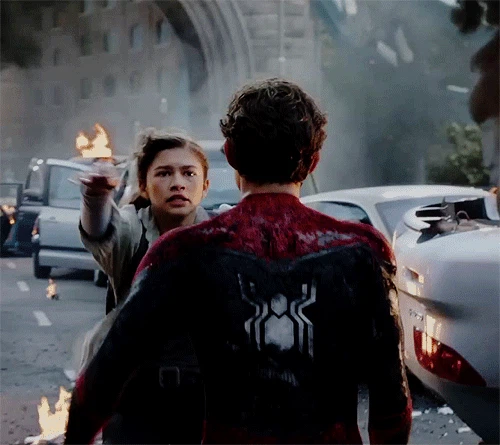
Closing Thoughts
In the male-dominated world of Hollywood, filmmakers often fail to create female characters worthy of the young girls who will inevitably look up to them as examples. Of course, not every story has to appeal to women. But when female main characters are represented on screen, they send a message to women and girls about what it means to be a woman and what women should strive to be like. On screen narratives both indicate cultural values and influence them. Zendaya’s MJ is a refreshing and original character who represents bright new possibilities for the future of film and culture.
Love Evie? Let us know what you love and what else you want to see from us in the official Evie reader survey.